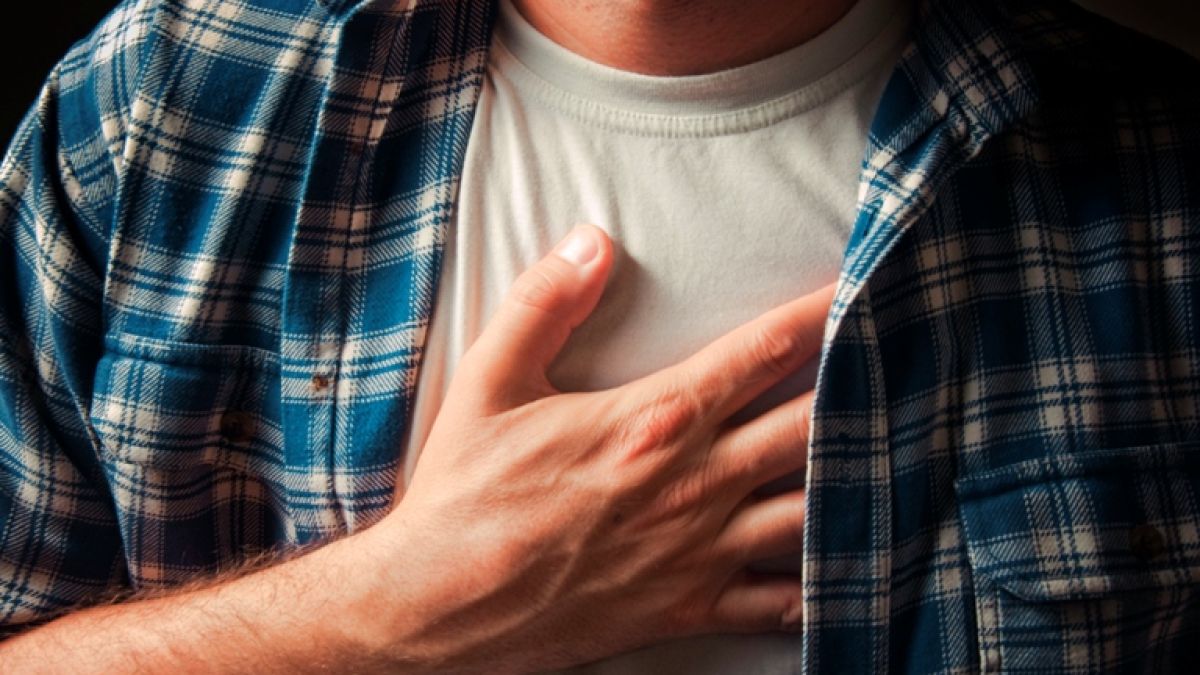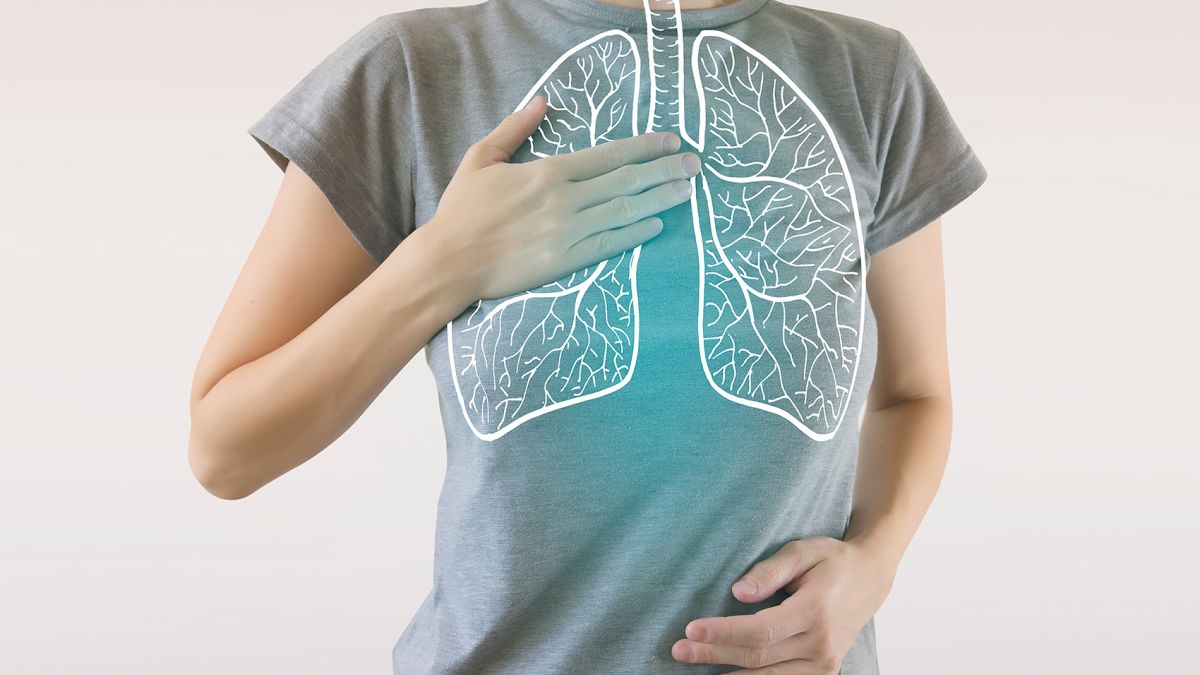Why choose Ochsner Health for pulmonary hypertension care?
Pulmonary Hypertension is high blood pressure in the lungs. It is a disease that affects both the heart and the lungs and is progressive and chronic. It requires comprehensive care from physicians experienced in diagnosing and treating this complex disease. As a Pulmonary Hypertension Association Tier 1 Center of Comprehensive Care since 2017, Ochsner Pulmonary Hypertension Center provides the highest quality of care.
Our team includes highly experienced cardiologists, pulmonologists, advanced practice providers, outpatient nurses, and inpatient cardiac and transplant step-down unit nurses who are deeply committed to improving our patients’ quality of life. We also provide access to experts in rheumatology, nephrology and cardiac anesthesia.






